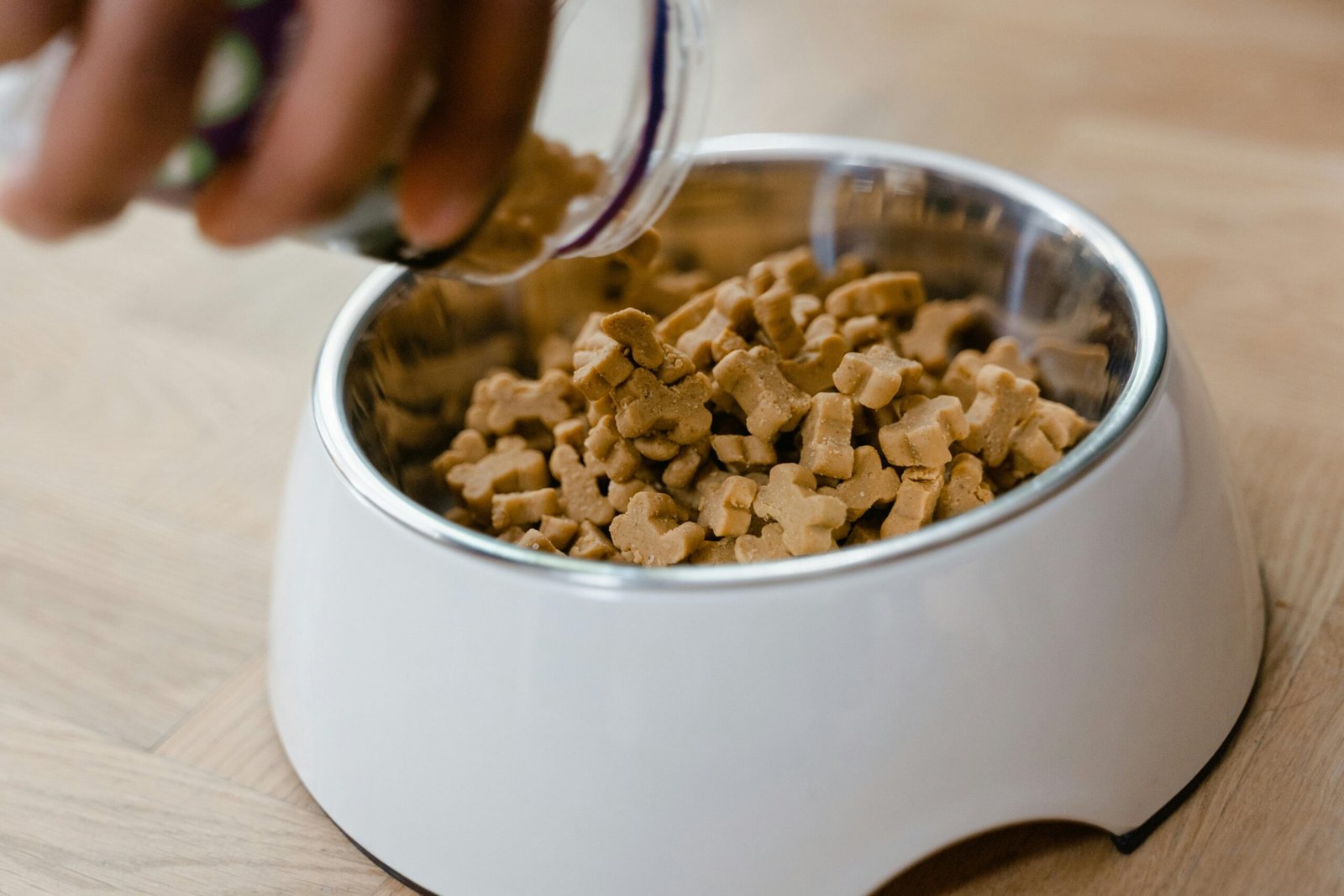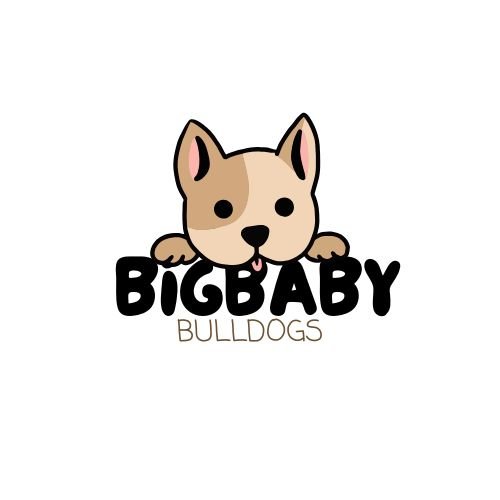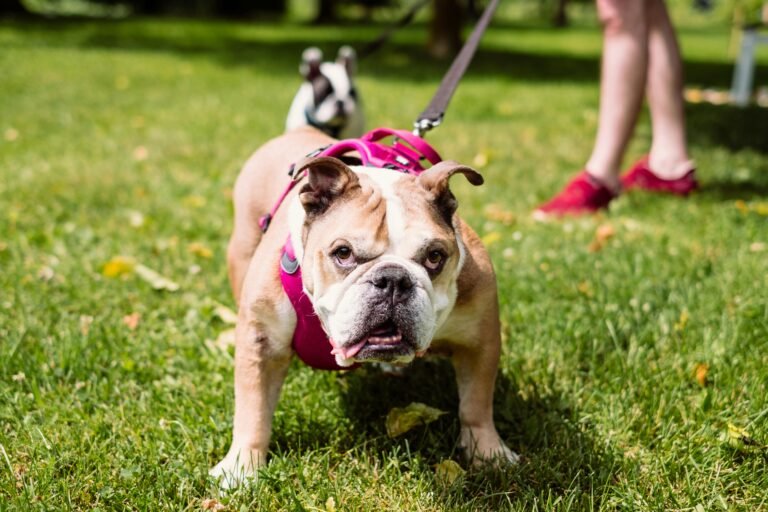
Feeding your English Bulldog the right diet is key to their health and happiness. Their unique needs—low energy, sensitive digestion, and proneness to obesity—require careful attention to nutrition. Here’s a guide to the best diet for your Bulldog at every life stage, plus tips to keep them thriving.
Puppy (0–12 Months): Building a Strong Foundation
Bulldog puppies need nutrient-dense food to support growth and development. Look for high-quality puppy formulas with:
-
Protein: 25–30% (chicken, fish, or lamb) for muscle growth.
-
Fat: 15–20% for energy and coat health.
-
Calcium/Phosphorus: Balanced for bone development.
-
DHA: Supports brain and eye development.
Feeding Tips:
-
Feed 3–4 small meals daily to prevent digestive upset.
-
Choose a breed-specific or small-breed puppy food to suit their short jaws.
-
Avoid overfeeding, as excess weight can stress growing joints.
-
Transition to new foods gradually over 7–10 days.
Adult (1–7 Years): Maintaining Health and Weight
Adult Bulldogs are low-energy and prone to weight gain, so their diet should focus on lean protein and controlled calories. Look for:
-
Protein: 20–25% to maintain muscle mass.
-
Fat: 10–15% to avoid excess weight.
-
Fiber: 3–5% for digestive health.
-
Joint Support: Glucosamine and chondroitin for mobility.
Feeding Tips:
-
Feed 2 meals daily, adjusting portions based on activity level and weight.
-
Use a vet-approved weight management formula if your Bulldog is gaining weight.
-
Limit treats to 10% of daily calories—try carrots or green beans as low-calorie options.
-
Monitor for food allergies (e.g., itching, ear infections) and try limited-ingredient diets if needed.
Senior (7+ Years): Supporting Aging Gracefully
Senior Bulldogs need diets that support joint health, digestion, and immunity while preventing obesity. Look for:
-
Protein: 20–25% to preserve muscle.
-
Fat: 8–12% to control weight.
-
Antioxidants: Vitamins E and C for immune support.
-
Joint Supplements: Glucosamine, chondroitin, or omega-3s.
Feeding Tips:
-
Feed smaller, more frequent meals to aid digestion.
-
Soften kibble with warm water if dental issues arise.
-
Adjust portions if your Bulldog’s activity level decreases.
-
Schedule regular vet checkups to monitor for age-related conditions.
General Nutrition Tips
-
Hydration: Ensure fresh water is always available, as Bulldogs can be prone to dehydration.
-
Avoid Harmful Foods: Never feed chocolate, grapes, onions, or fatty scraps, which can cause serious health issues.
-
Homemade or Raw Diets: Consult a vet or pet nutritionist to ensure balance, as Bulldogs have specific needs.
-
Portion Control: Use a measuring cup and follow feeding guidelines to prevent obesity.
Finding the Right Food
Every Bulldog is unique, so work with your vet to choose a diet tailored to your dog’s needs. Popular brands like Royal Canin Bulldog, Hill’s Science Diet, or grain-free options like Wellness Core are great starting points. If you suspect food allergies, try a hydrolyzed protein or novel protein diet.




